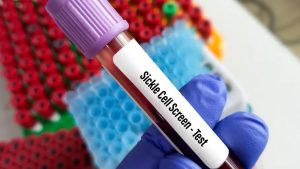The United Kingdom is conducting trials on Aspirin being a potential treatment for an aggressive form of breast cancer. Through this trial, researchers are hoping that the cheap and widely available drug could prove helpful when combined with immunotherapy. It can be used on patients with triple-negative breast cancer (when cancer cells start to spread to other parts of the body after originating in the breast).
As per a Guardian report, the trial, funded by the Breast Cancer Now Catalyst Programme, aims to speed up the research progress through innovation and collaboration.
It is also the first clinical study to test if aspirin work in making tumours more sensitive to immunotherapy.
Led by Dr Anne Armstrong from the Christie NHS foundation trust in Manchester, the study will trial the “drug avelumab both with and without aspirin before patients receive surgery and chemotherapy treatment.”
Researchers said results could lead to further clinical trials of aspirin and avelumab for incurable secondary triple-negative breast cancer.
The organisation said that around 8,000 women are diagnosed with triple-negative breast cancer each year in the UK.
“Our earlier research has suggested that aspirin can make certain types of immunotherapy more effective by preventing the cancer from making substances that weaken the immune response,” a medical oncologist said.
“Anti-inflammatory drugs like aspirin could hold the key to increasing the effectiveness of immunotherapy when used at the same time. Trialling the use of a drug like aspirin is exciting because it is so widely available and inexpensive to produce,” Guardian quoted the oncologist as saying.
“We hope our trial will show that, when combined with immunotherapy, aspirin can enhance its effects and may ultimately provide a safe new way to treat breast cancer,” he added.
Dr Simon Vincent, the director of research at the organisation said: “Research has already suggested aspirin could improve outcomes for many cancer patients and we hope that Dr Armstrong’s trial will show the same to be true for patients with triple negative breast cancer, so that we can prevent more lives being lost to this devastating disease.”







